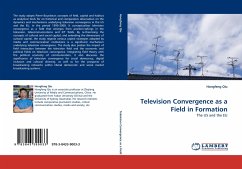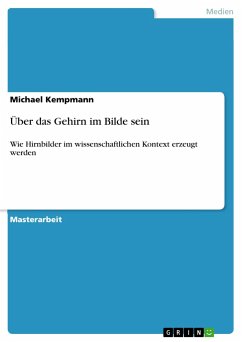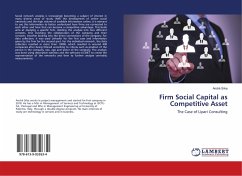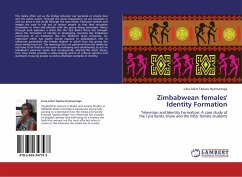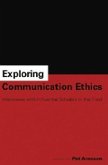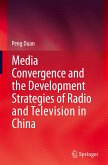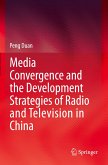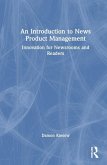The study adapts Pierre Bourdieu's concepts of field, capital and habitus as analytical tools for an historical and comparative observation on the dynamics and mechanisms underlying television convergence in the US and the EU, in the period 1990-2008. It conceptualises television convergence as a field that emerges from position-takings in the television, telecommunications and ICT fields. By re-theorising the concepts of cultural and social capital, and extending the dimensions of cultural capital, the study regards various capital strategies adopted by media and communication institutions is a significant mechanism underlying television convergence. The study also probes the impact of field interaction between the television field and the economic and political fields on television convergence. Integrating field theory with the political economy of communication, it also discusses the significance of television convergence for social democracy, digital inclusion and cultural diversity, as well as for the prospects of broadcasting networks within liberal democratic and social market broadcasting systems.
Bitte wählen Sie Ihr Anliegen aus.
Rechnungen
Retourenschein anfordern
Bestellstatus
Storno

